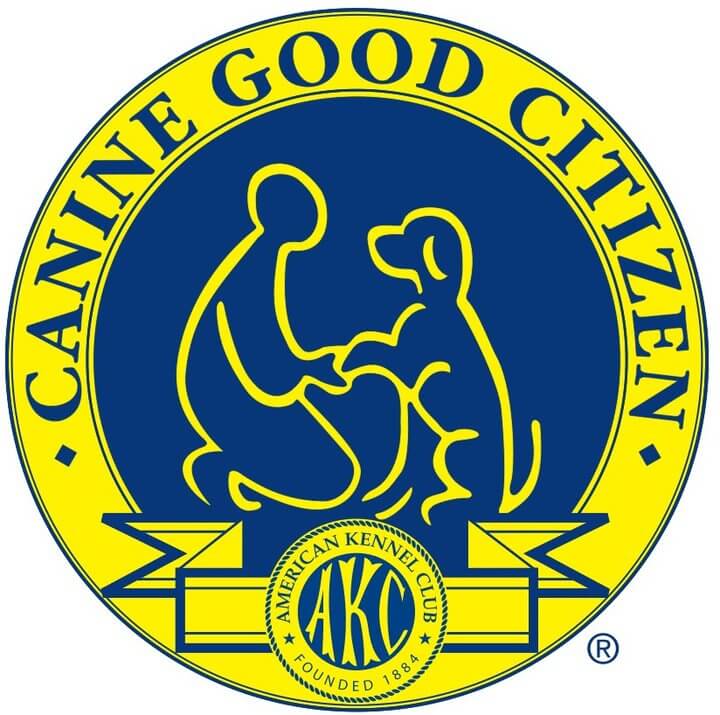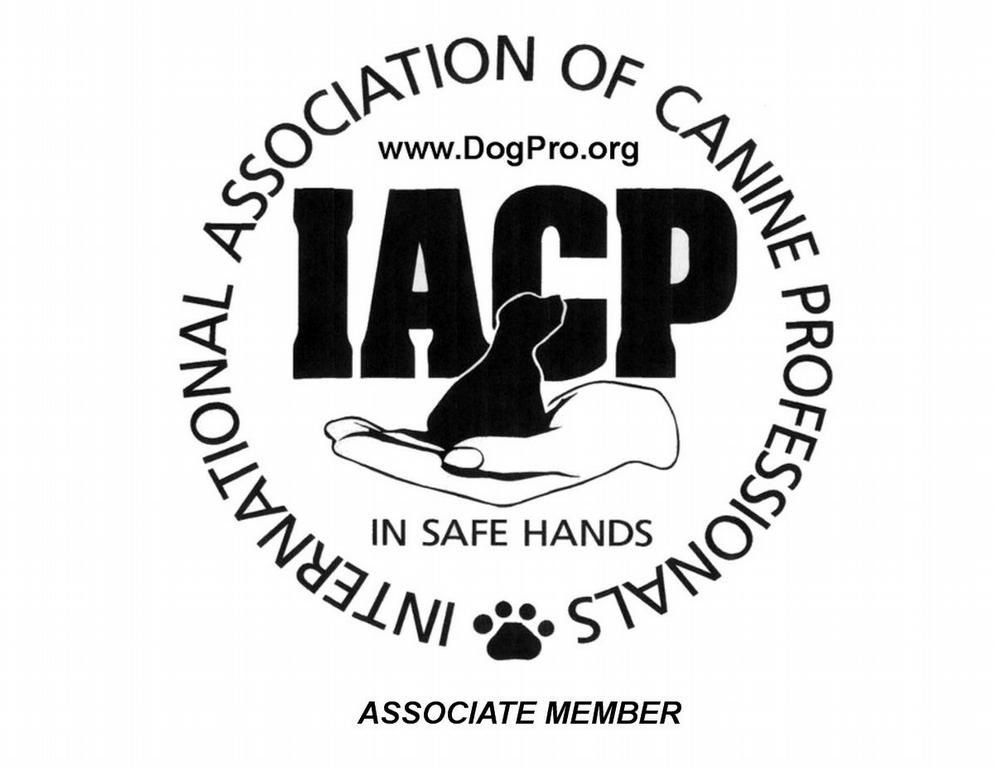Our Frequently Asked Questions
K9 Mastery has answers to all of your commonly asked questions below.
Answers to Your Questions
-
How many lessons are in each level of training?
Each level of training includes a minimum of 8 lessons. Intermediate and Advanced levels can sometimes take longer if it takes a handler longer to master a task. The length of class varies based on what is being taught, however, please expect 1-1.5 hours for your lesson.
-
Why do you train outside?
We train outside because that is where you will be using the training the most, and an outside environment provides the most distractions for your dog. The simplest thing such as the breeze shifting and carrying a different scent onto the training field can be very distracting for a dog, but weather, wildlife, noises, other dogs and people all play a role too. If you want your dog to listen to you in the real world filled with people, food, kids playing and cars driving then that is where you need to train.
-
Is it true that you train in all weather?
Yes. We do train in all weather. Classes are held rain or shine . . .hot or cold (or should I say VERY hot or VERY cold). We have not yet had class in the snow, but that is simply because it was not snowing when class was scheduled. When you sign up for classes you will be expected to attend during all these conditions. (Please note we do not train in dangerous weather conditions including extreme amounts of lightening or hail or during certain times of the day if we are under a heat advisory for everyone's safety.)
-
Do dogs have to be altered before attending class? Do you allow dogs in heat to attend?
No. I do not require dogs to be altered to attend classes. Yes, dogs in heat are not only allowed on the field but encouraged to attend. This is simply another distraction for the other dogs.
-
Do you train any size dog?
Yes. Dogs in class have ranged from 5 lb. Yorkshire Terriers to 100+ lb. Great Danes, American Bull Dogs, Akitas, mastiffs and more. We do not have size, breed, or age restrictions besides the minimum age requirement.
-
What is your minimum age requirement?
Puppies must be at least 8 weeks old, and you must have had the puppy for a minimum of two weeks before beginning classes. This is very important to begin proper bonding.
-
My dog already knows sit and down. I just have problems with recalling my dog off leash. Do I have to start with basic obedience?
Yes. All dogs are required to start with basic obedience so that it is certain that the dog has been taught the commands properly and the owner has learned the proper handling skills and techniques. Dogs have been advanced faster on a case-by-case basis, however, all dogs should be enrolled under the assumption that you will be required to go through Basic Obedience at the standard 8 lesson pace. It is always better to reinforce the basics than it is to push a dog too far too fast.
-
Do you teach AKC obedience?
Obedience classes are geared toward real world utility, not the show or competition ring. This does not mean that if you are interested in competing you cannot get the instruction you need, it simply means that this goal will need to be clearly communicated at the beginning of enrollment so that certain aspects of obedience can be instructed accordingly.
-
Do you use e-collars (electric collars)?
No. E-collars are generally not used during our classes. K9 Mastery is aware that the e-collar is a commonly used tool to take a dog off-leash, however, we believe the true test of any training system is how the dog performs without equipment of any kind. Our goal is real world reliability without the use of any equipment and therefore we do not use an e-collar for obedience and behavior modification in most situations. If you feel the use of an e-collar may be necessary in your situation, then it is something that can be discussed on a one-on-one basis. Please plan on the use of only the prong collar or choke chain for training.
-
Why don't you use treats?
Treats are not used for several reasons, but the overwhelming reason is that the use of treats does not produce the reliability of balanced training methods that do not use them. The methods we use teach your dog to respond to your commands because you command the dog, not because you have a treat in your hand. Positive reinforcement is still amply provided in classes. It is simply not provided with food or even toys.
-
What is balanced training? What does using balanced training methods mean?
Balanced training simply means that your dog is trained using both corrections and positive reinforcement in a balanced fashion and at the levels needed for your dog to achieve reliable, long-term results. Dogs will be corrected for bad behavior and disobedience to clearly define expectations and boundaries, and they are rewarded for good behavior and obedience. By balancing corrections and praise, your dog learns quickly and reliably what is acceptable and what is not while at the same time building and reinforcing your bond and your dog's trust in you as you progress through the obedience.
Basic learning theory involves four quadrants; positive reinforcement, negative reinforcement, positive punishment and negative punishment.
Simply put: when a dog does something good, it is rewarded by having something positive given or something negative removed, but when a dog does something undesirable, something negative is added or something positive removed. This involves teaching a dog that actions have consequences and the right choices equal good things!
In the same way you tell a child “don’t do that”, we have to communicate with a dog. How? Through equipment such as a training collar like a prong collar or choke chain.
How do dogs communicate? Usually in a way that us humans would think is fairly violent. Just watch an episode of Animal Planet or Nat Geo. Dogs don’t hand another dog a cookie to ask another dog to stop a behavior. They usually bare teeth, growl, lunge and even put their mouths on each other.
Balanced trainers succeed where other types of training fail because they speak dog the way dogs do; act appropriately and get rewards, act out and get consequences and the consequences are provided using equipment that mimics the ways dogs correct each other making it highly effective and easily understood by your dog.
There are a few things that all balanced trainers have in common, one being that we understand that at some point, every dog will need a correction, just like every dog will need praise and reinforcement. The key is to use an appropriate level of correction or praise for your particular dog at the appropriate times to communicate clearly which behaviors you want and which you don't.
-
I have two dogs. Can I bring them both to the same class?
This may be allowed during basic obedience but does require trainer approval. It would be required that the handler have adequate containment for one of the dogs at all times, such as a crate, since only one dog may be worked at a time. Otherwise, each dog must have a handler present. It is always preferred that each dog have its own handler.
-
Do I need any special equipment?
The equipment required to train will actually vary based on the dog. However, everyone is required to start with a 6 ft. leather or biothane leash that is either stitched or riveted and a prong collar no matter the age, breed, or temperament of dog enrolled. Do not purchase a braided leash. The thinner the leash the better as well. (ex: purchase a 1/2 inch wide leash instead of a 3/4 wide if possible).
All aggressive dogs are required to also have a choke chain if the prong collar does not provide adequate correction for the aggressive behavior. If you are not sure what size collar you will need, please feel free to contact us. We do also prefer the use of a toggle choke chain instead of a traditional choke chain with two rings for a better fit.
Once your dog has started training, the required equipment may be adjusted based on the trainer's recommendation, however, this is very rarely the case. Prong collars (AKA pinch collars) are the most humane and effective training tool available when used under proper instruction. They are used on most dogs/puppies enrolled and have worked wonderfully on the thousands of dogs that have atteneded our classes.
-
Do you require the Bordetella vaccine for boarding/board and train?
No. We do not require the vaccine and we do not recommend getting it for your dog.
The vaccine does not protect against all strains of Bordetella, so your dog can still contract the virus, and once your dog has been given the vaccine it will shed the virus for at least 2 weeks exposing other dogs. For this reason, we WILL NOT accept a dog into boarding or board and train within two weeks of a Bordetella vaccine.
-
Do you train wolves and wolf hybrids?
No. We do not accept wolves or wolf hybrids into our training program. These animals are genetically different from domesticated dogs and therefore respond to the training differently.
-
What forms of payment do you accept?
K9 Mastery accepts cash, credit card, Venmo and PayPal payments. There are also several financing options available for the board & train program if necessary.
Appointment Policy
Because we are a home-based facility, all services are provided by appointment only during our normal business hours. We will not accommodate those who show up without an appointment.
If you are running late, please contact us as soon as you are aware in order for us to determine if rescheduling is necessary. Missed appointments will incur a $25 late fee once you are 15 minutes past your scheduled appointment time as well as a minimum of a $25 reschedule fee if we must reschedule your appointment. Unfortunately, this has become necessary due to the number of late arrivals and no-shows that have caused delays and issues that affect other clients' bookings.
If you need to schedule your appointments outside of our regular hours, we may be able to accommodate the request but will have to evaluate this on a case-by-case basis. Appointments outside of our normal hours will be charged an additional fee of $100 for each appointment.
Call Us Today
K9 Mastery in Bastrop, TX, can be reached by email at k9mastery@gmail.com



